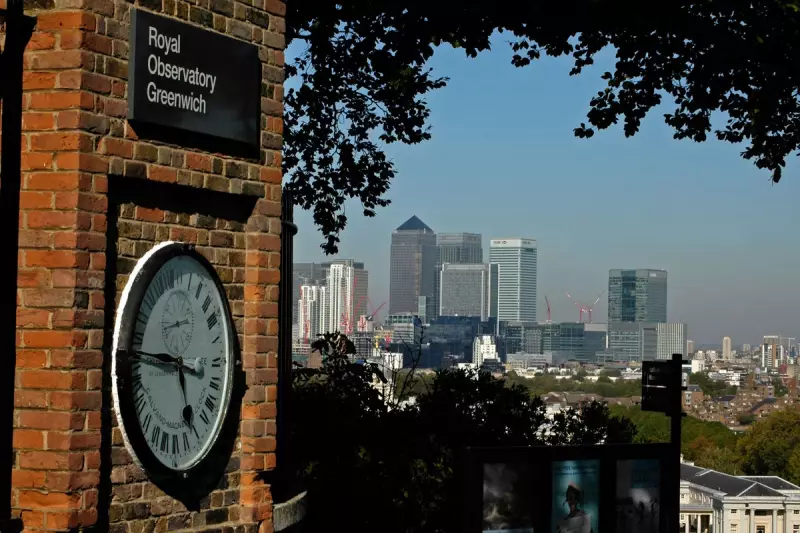
The familiar ritual of changing clocks twice a year continues in the UK, but how much longer will it last? As we prepare to spring forward and fall back in 2024, the debate about whether daylight saving time still serves its purpose rages on.
When Do the Clocks Change in 2024?
Mark your calendars for these key dates:
- Spring Forward: The clocks jump forward by one hour at 1am on Sunday, 31st March 2024, marking the start of British Summer Time (BST)
- Fall Back: The clocks return by one hour at 2am on Sunday, 27th October 2024, reverting to Greenwich Mean Time (GMT)
The Century-Old Tradition
First introduced in 1916 through the Summer Time Act, daylight saving time was championed by builder William Willett. His clever observation that people were sleeping through valuable morning sunlight led to the system we know today. The concept was simple: shift clocks forward during summer months to maximise daylight during waking hours.
Why Do We Still Change the Clocks?
The original purposes remain surprisingly relevant:
- Energy conservation: Reducing reliance on artificial lighting during evening hours
- Economic benefits: Supporting retail and tourism with longer evening daylight
- Road safety: Improving visibility during peak commuting times
- Leisure time: Providing more daylight for outdoor activities after work
The Growing Movement for Change
Despite its long history, many are questioning whether clock changes still make sense in our modern world. Critics point to several significant concerns:
Health Impacts: The sudden time shift disrupts sleep patterns and circadian rhythms, potentially leading to increased health risks and reduced productivity in the days following the change.
Questioned Benefits: Some studies suggest the energy savings are minimal in today's society, while the disruption to international business and travel schedules creates genuine headaches.
European Precedent: The European Parliament voted in 2019 to end seasonal clock changes, though implementation has been delayed. This move has intensified discussions about whether the UK should follow suit.
What Could the Future Hold?
Several alternatives are being debated:
- Permanent Summer Time: Keeping BST year-round for lighter evenings
- Permanent Winter Time: Sticking with GMT for brighter mornings
- Regional Time Zones: Different systems for different parts of the UK
For now, the tradition continues. Remember the simple phrase: "Spring forward, fall back" – and don't forget to adjust your analogue clocks and older devices manually.





